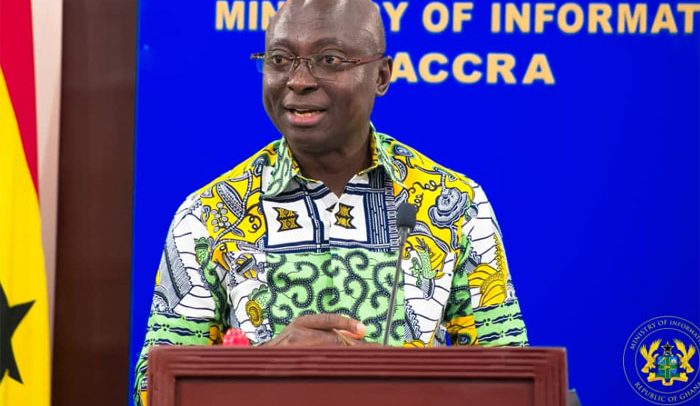Samuel Atta-Akyea
THE MINISTER of Works and Housing, Samuel Atta-Akyea, has said the government is keen to deliver one million housing units towards addressing the acute housing shortage for the medium to long term across the 16 regions of Ghana.
According to him, out of the figure, Greater Accra Region will have 400,000 housing units while the Ashanti Region will have 250,000. Western Region, Western North Region and Eastern Region will each have 50,000 while the Central Region takes 20,000.
Answering questions on the Floor of Parliament yesterday, the Minister disclosed that the Northern Region would have 30,000 housing units, whilst the North East Region would have 30,000 units, Savanna Region, 30,000, Upper East Region, 20,000, Upper West Region, 20,000, Volta Region, 10,000, Oti Region, 10,000, Bono Region, 10,000, Bono East Region, 10,000 and Ahafo Region, 10,000.
“It is, however, instructive to note that there is a lot more to be done to increase the housing stock and bridge the national housing deficit,” he indicated and added that currently, the Ministry of Works and Housing was focusing its attention on strategies and interventions for the medium-term period (2018-2021) to resolve the challenges of the housing sub-sector of the economy.
He said specific emphasis would be put on reducing the national housing deficit through the provision of adequate, safe, secure, quality and affordable housing schemes in collaboration with the private sector.
“The ministry is currently in discussion with the Ministry of Finance to create the necessary funding regime to ensure that the proposed targets for each region were met within the stipulated time given.”
Member of Parliament for South Dayi, Rockson-Nelson Etse Kwame Dafeamekpor, had asked the minister when the government’s proposed low-cost housing project would commence in the constituency.
Mr Atta-Akyea said, “Obviously, the good people of South Dayi will have government – engineered decent and affordable housing and dwelling homes, when we secure the requisite financial space.”
He stated that projects in the Housing Sub-Sector were capital intensive and covered important physical and social infrastructure facilities for the development of the economy.
He noted that Ghana as an emerging market was seeking to industrialize and expand through increased access to safe, secure, adequate and affordable housing.
By Ernest Kofi Adu, Parliament House


